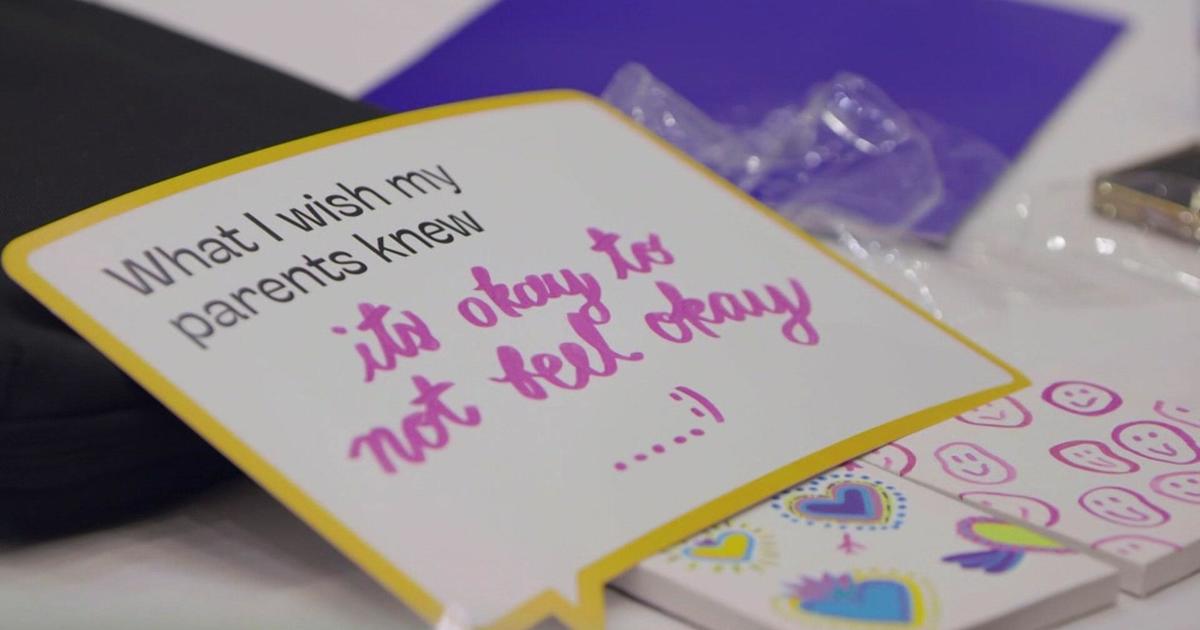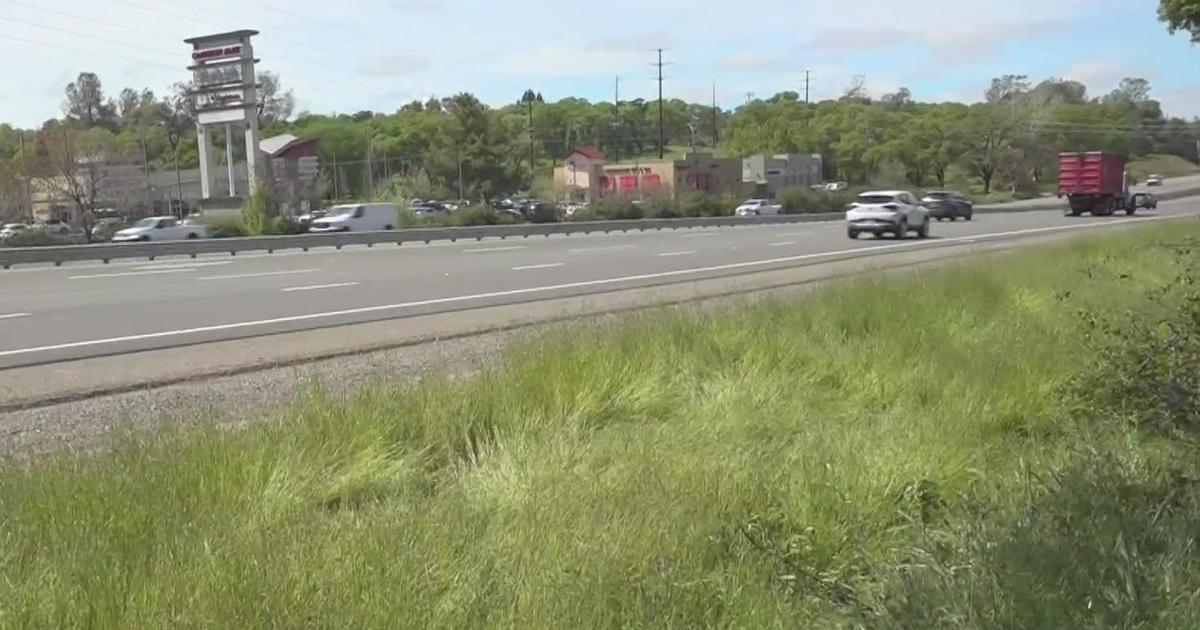Study: California Police Disproportionately Cite Black, Latino Residents For Non-Traffic Infractions
(CNN) -- Black and Latino adults in California are disproportionately cited for minor, non-traffic infractions like loitering or sleeping in public compared to their White counterparts, according to a new study.
In Los Angeles, 30% of citations for non-traffic infractions between 2017 and 2019 were issued to Black residents, though they make up just 7% of the city's population, according the study, which was released Wednesday by the Lawyers' Committee for Civil Rights of the San Francisco Bay Area.
Black adults in L.A. were issued 63% of all citations for loitering while standing, the report says. And they were 3.8 times likelier to be issued citations for non-traffic infractions than White adults.
The LCCRSF analyzed data on low-level, non-traffic infractions from agencies across the state, relying on information collected under the Racial Identity and Profiling Act, directly from local police agencies via public records requests, and from court filings.
These citations are generally punishable by a fine, the report says, and include things like jaywalking, owning a dog without a license, standing or sleeping outside, among others. And they have long been used to police homeless members of a community, the report says.
"The big conclusion is that people feel like they're being told not to exist in public spaces when they're cited for these non-traffic infractions -- walking, standing, having a dog, sleeping, etc.," said Tifanei Ressl-Moyer, one of the study's authors and the LCCRSF Thurgood Marshall Civil Rights Fellow.
"And the numbers show that it's people who are traditionally marginalized who are getting that message from the enforcement of these infractions," she said.
Latino residents are also affected. In Hayward, just outside San Francisco, Latino adults comprised 61% of citations for non-traffic infraction despite the fact they account for just less than a third of the population, the study says. Additionally, every single person cited for the possession of marijuana in Hayward between 2017 and 2019 was a person of color, the study says.
A spokesman for the Hayward Police Department told CNN there were 34 citations for possession of marijuana between 2016 and 2019. The large majority were given to juveniles, per police, including students with the local school district who were cited by school resource officers. Four adults were cited in those three years, police said, including one White person.
Disparities were noted in other cities, too, including in the Bay Area, Sacramento, San Diego, San Jose. In Long Beach, 36% of citations for non-traffic infractions were issued to Black adults, though they make up just 11% of the community. Similarly, 28% of citations issued by the Berkeley Police Department were given to Black adults, though they make up just 7% of the city's population.
In a statement, the Long Beach Police Department said, in part, that racial profiling was "unacceptable and against the law and our policies." The department is committed to examining its strategies to ensure "our communities of color do not feel like they are being profiled by police," it said.
The LAPD and the Berkeley police did not respond to requests for comment.
'We need to fund other services'
The LCCRSF says the data shows a "pattern of enforcement of petty laws against California's Black, Latinx and unhoused residents, enforcement that would not be politically tenable if it targeted wealthy White Californians."
These minor infractions are enforced in a way that's "racist and classist," the report says. These citations do not guarantee a defendant a right to an attorney, it says, leaving "little recourse for people who are targeted for enforcement because of their race."
The report comes as the nation grapples with race and policing, leading some to call for the defunding of police departments and reallocating resources to social services in an effort to reimagine community safety -- a message Ressl-Moyer said she agrees with.
"We're seeing people who have met the criminal justice system, people who are living on the street, people who have all these unmet needs in the municipality and instead of the local government investing in services for them to stabilize or be healthy or be safe, they're instead criminalizing them," she said.
According to the LCCRSF, these citations can lead to hundreds of dollars in fines and fees, which disproportionately impact low-income residents, some of whom can't pay, leading them to incur debt and continuing a cycle of poverty.
But the consequences of enforcement can go beyond money. Being targeted for these infractions has "really high" costs on marginalized communities, Ressl-Moyer told CNN. Interactions with police can be traumatic, and in the worst cases, enforcement of these infractions could lead to serious bodily injury or even death, she said.
"We see dangerous effects from relatively minor health effects that can be exacerbated, all the way to the most tragic outcomes," she said.
To address the issues, the authors recommended reducing -- and eventually eliminating -- enforcement of these non-traffic infractions, which the study says are used to "control the bodies and drain the wealth of Black, Latinx, and unhoused people."
"It costs tremendous amount of money to enforce these (infractions) -- more money to enforce it than purportedly comes in," Ressl-Moyer told CNN. Additionally, citing individuals for these infractions does nothing to address the actual issues at hand; to cite a homeless person for sleeping outside does not address the fact that they have nowhere to live.
"We need to fund other services instead," she said.
On Wednesday, Gov. Gavin Newsom signed a bill into law paving the way for California to develop a detailed plan for granting reparations to Black Americans.
The law creates a nine-member task force to come up with proposals for how the state could provide reparations to Black Americans, what form those reparations might take and who would be eligible to receive them.
The reparations would not be limited to slavery, but the law requires the task force to give special consideration for Black people who are descendants of slaves. The task force's recommendations would not be binding. The task force must give a report to the state Legislature one year after its first meeting.
The-CNN-Wire
™ & © 2020 Cable News Network, Inc., a WarnerMedia Company. All rights reserved.



